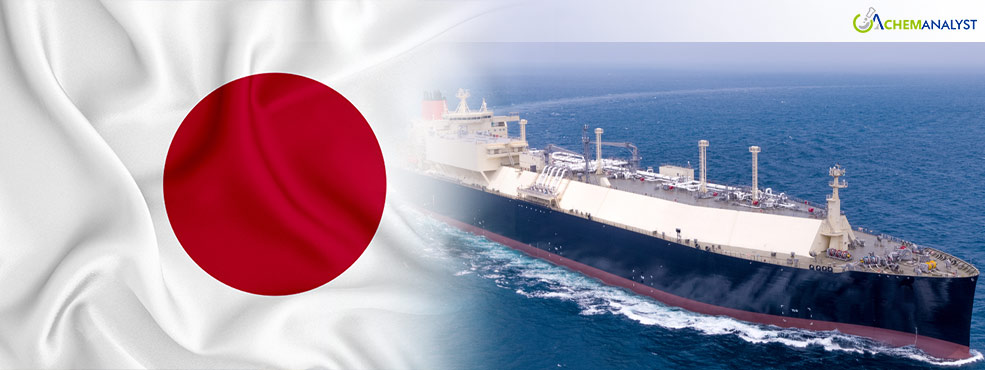Welcome To ChemAnalyst

Japan's three largest marine shipping companies are set to significantly expand their fleets of liquefied natural gas (LNG) carriers due to a surge in global LNG production and demand. Mitsui O.S.K. Lines, Nippon Yusen, and Kawasaki Kisen are making substantial investments to bolster their capabilities in LNG transport, a vital segment of the global energy supply chain.
According to media sources, Mitsui O.S.K. Lines aims to increase its LNG carrier fleet by 40%, reaching 140 vessels by fiscal 2028 and 150 ships by fiscal 2030. Nippon Yusen intends to expand its fleet by 30%, targeting 120 LNG carriers by 2028, while Kawasaki Kisen plans the most aggressive expansion, forecasting a 60% increase, with a fleet of 75 LNG carriers by 2030.
Mitsui O.S.K. Lines currently leads the world in LNG carrier operations, with 97 vessels in service as of March 2024. Along with second-place Nippon Yusen and fourth-place Kawasaki Kisen, Japan's top three shipping companies control more than 30% of the global LNG carrier market share. Their primary competition comes from Qatar Gas Transport, a major player in LNG shipping based in the Middle East.
These companies are positioning themselves to capitalize on the expected rise in global LNG production. As part of their strategy, the three firms plan to share construction costs with international partners, helping to reduce their financial investments in building these high-cost vessels, which can cost several hundred million dollars each. The total investments required to expand their fleets are estimated at more than 1 trillion yen (approximately $6.36 billion).
Japan’s strong position in LNG transport reflects its significant reliance on LNG for its energy needs. In 2023, Japan imported 90.3 billion cubic meters of LNG, the second-highest amount in the world after China, according to the U.K. Energy Research Centre. As countries around the globe, especially in Europe, turn to LNG as a more secure and environmentally friendly alternative to pipeline gas, demand for LNG shipping is expected to grow exponentially.
European nations, seeking to diversify their energy sources, have increased their reliance on LNG imports. In the U.S., President-elect Donald Trump's administration is expected to lift a pause on new LNG export licenses. With the U.S. already surpassing Qatar and Australia to become the world’s largest LNG exporter in 2023, an increase in U.S. LNG production is likely to lower natural gas prices worldwide.
The environmental benefits of LNG also make it an attractive alternative energy source. LNG emits 30% to 40% less carbon dioxide than coal when burned. Additionally, LNG-fired power plants can be quickly started or stopped, making them valuable in balancing intermittent renewable energy sources like solar and wind.
We use cookies to deliver the best possible experience on our website. To learn more, visit our Privacy Policy. By continuing to use this site or by closing this box, you consent to our use of cookies. More info.
